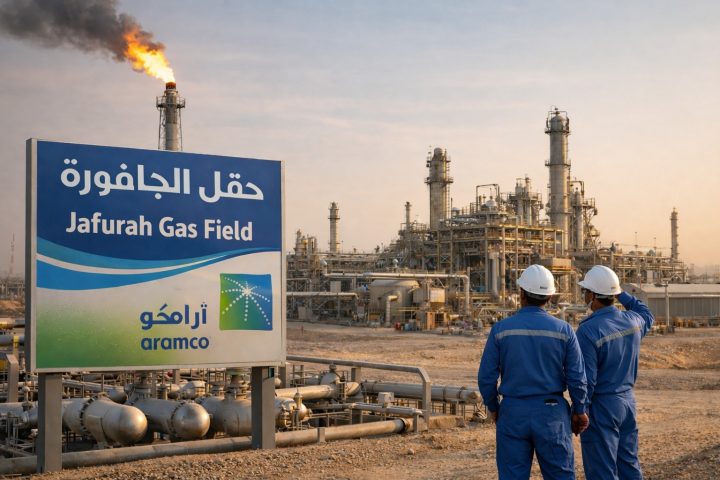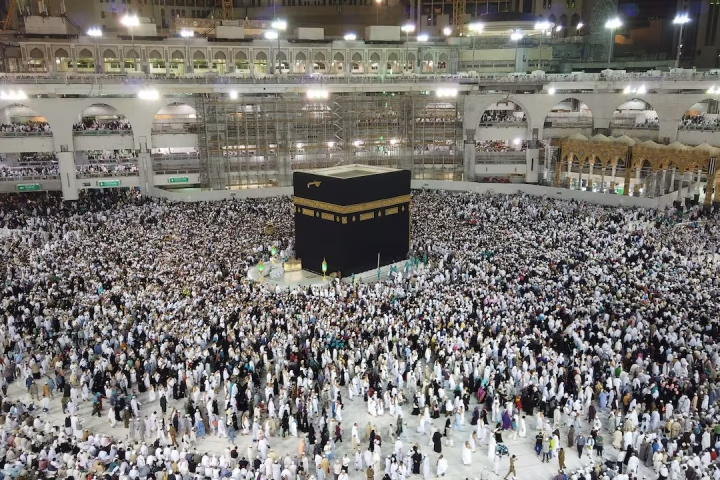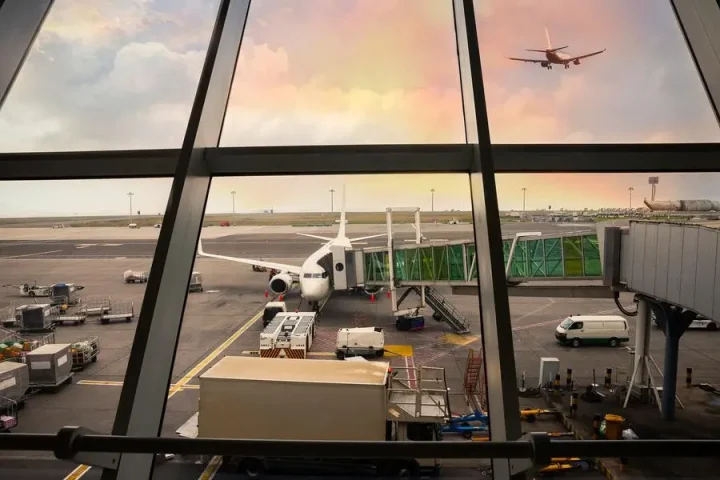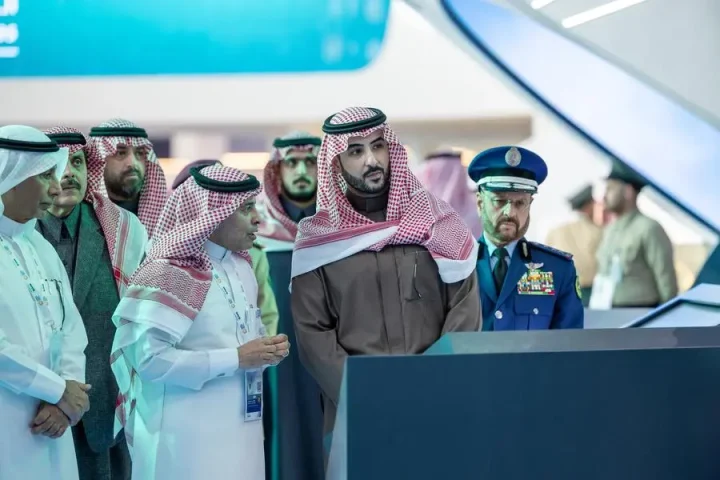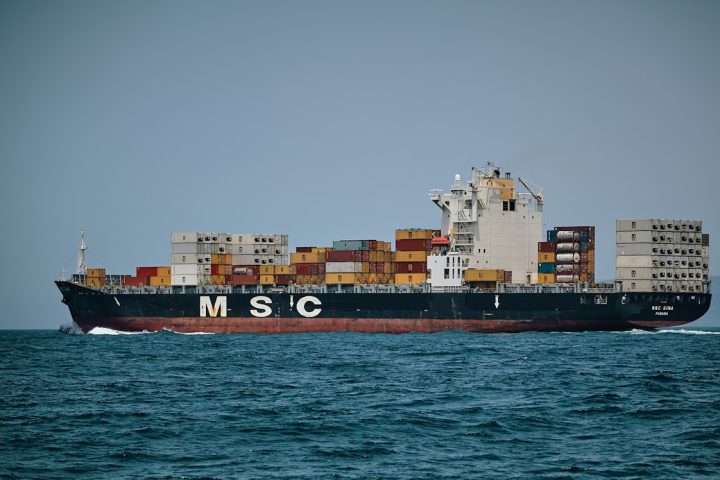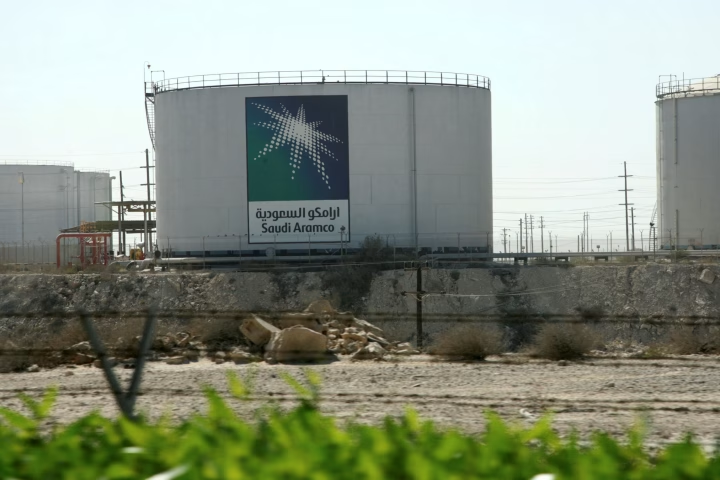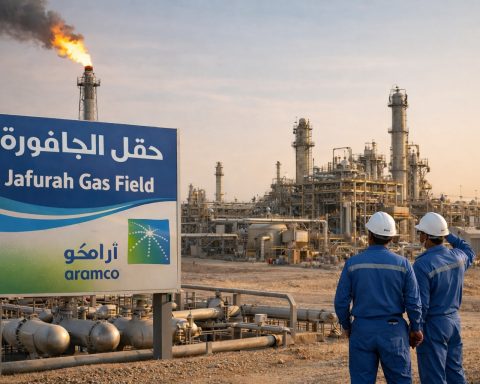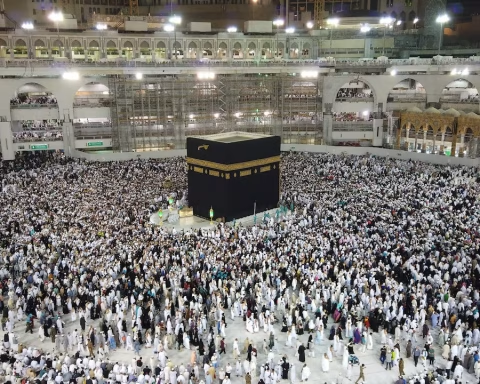By Abeer Abdalla | The Saudi Times
In most countries, golf is a sport. In Saudi Arabia, it is a deliberate instrument for reshaping global power, integrated into the Kingdom’s economic strategy, statecraft, and long-term investment logic. The fairway is no longer green for grass, it’s marked green as Saudi Arabia reshapes golf as foreign policy. The PIF Saudi International is a high-stakes, elite golf tournament held November 19-22, 2025 at the Riyadh Golf Club.
Sponsored by SoftBank Investment Advisers and backed by the Public Investment Fund (PIF), the event offers a USD $5 million prize pool and positions itself as a pivotal component of the broader Vision 2030 sports and tourism strategy.
Beyond athletics, it serves as a platform for international engagement, business networking, and soft-power projection; aligning sport with national ambition, capital deployment and global influence. Rather than serving solely as a sponsor, PIF makes a structural move: entering fragmented industries, stabilizing with capital, reshaping governance, and placing the Kingdom at the center of the value chain.
The global golf ecosystem has long been dominated by legacy institutions with slow commercial cycles, making it overdue for modernization. A recent report from the Sports Broadcast Institute showed a 10% decline in viewership over the last five years. Revenues have plateaued at around $1.5 billion annually, emphasizing the need for fresh strategies. In comparison, sports like basketball and soccer have seen global viewership grow by 5% and 8%, respectively, during the same period. Governance disputes within the golf industry have intensified. While other sports adapted to new markets and younger demographics, golf remained anchored to its traditional base: older, Western, financially stable, but shrinking. Recognizing these challenges, Saudi Arabia identified a timely opportunity for intervention.
Saudi Arabia recognized the vacuum. Unlike other entrants, the Kingdom did not approach golf as a branding exercise. It treated golf as a sector in need of restructuring. That is PIF’s specialty. This restructuring uses concrete levers. For example, PIF is redefining media rights by securing broader broadcasting arrangements. It is also introducing innovative league formats to attract new audiences and revitalize the sport. Revising prize structures attracts top-tier talent and boosts competitiveness. These steps underline the Kingdom’s commitment to real change.
In entertainment, PIF revamped cinema chains and invested in production studios. In tech, PIF has fostered Saudi Arabia’s digital infrastructure using similar innovative strategies. This comprehensive approach sets the stage for the Kingdom to assume a pivotal role in golf policy and influence.
The event has become a predictable forum for the Kingdom to signal its economic direction. Global actors now understand that the center of gravity has moved. In this context, the fairway serves as a bilateral interface. If Davos is the marketplace of ideas, the Saudi International is becoming the marketplace of alignment. Imagine energy CEOs meeting government ministers near the 18th hole. Venture capitalists trade cards under the clubhouse arches, forming new alliances. The convergence is dynamic and palpable. It is a testament to the shifting global landscape, making the golf course’s functional value more apparent than ever.
The value of the golf course is not symbolic. It is operational. A four-hour walk reduces posturing and speeds negotiation. It allows the candid exchanges that formal meetings rarely produce. There is no entourage. There are no cameras. Golf is structured around intervals of movement and assessment. This setup naturally encourages deep conversation. That dynamic matters for a country driving economic diversification. Saudi Arabia seeks rapid global integration in sectors ranging from energy and tourism to AI and advanced manufacturing. This external strategy is matched by equally strategic domestic developments.
The domestic effect is equally strategic. By expanding golf’s presence, Saudi Arabia is developing key competencies. These include event management, global-standard service training, sports operations, and high-yield visitor experiences. These skills directly support Vision 2030 milestones, such as creating 1 million new tourism jobs and enhancing the hospitality workforce. Golf-driven skill sets help ensure a workforce ready to meet these targets. The sport fosters talent development and sectoral diversification. It offers more than recreation. Stating a national KPI, such as the goal to reach 100 million international tourist visits by 2030, shows how this initiative aligns with broader economic goals. In addition to these strategic gains, there is a distinct cultural dimension to how golf is being integrated.
Meanwhile, the global golf market now depends on resources Saudi Arabia supplies at scale: year-round weather, infrastructure, youthful demographics, and sovereign-level stability. Western markets cannot guarantee the growth the sport needs. Saudi Arabia already does. But this shift brings challenges. Potential backlash, including environmental concerns and cultural pushback, could threaten the Kingdom’s ambitions. To tackle environmental risks, Saudi Arabia invests in sustainable course designs. These use less water and support biodiversity. The Kingdom consults experts and stakeholders to align development with top sustainability practices. Culturally, it fosters dialogue with local communities and leaders to ensure respect for regional traditions as golf expands.
Recognizing these risks highlights the seriousness of Saudi Arabia’s bet. It shows a deliberate approach to navigating complexities while aiming to reshape the global golf economy. Beneath the hospitality and TV drama lies a larger reality: the rewiring of global influence. This engagement redefines global attention and signals a significant reorganization in sports diplomacy.
The Kingdom is not using golf to entertain the world. It is using it to reorganize the world’s attention. This shift has major policy implications. Internationally, Saudi Arabia’s approach to golf is a new form of sports diplomacy that others may follow. It blends economic ambition and cultural influence. In global sports governance, as the country becomes central in a Western-dominated sport, decision-making power and frameworks may shift. This could lead to more inclusive global governance structures. The evolution brings both opportunities and challenges for industry stakeholders, marking just the beginning of larger transformations.
Golf is simply the first industry to feel the full weight of that decision.





